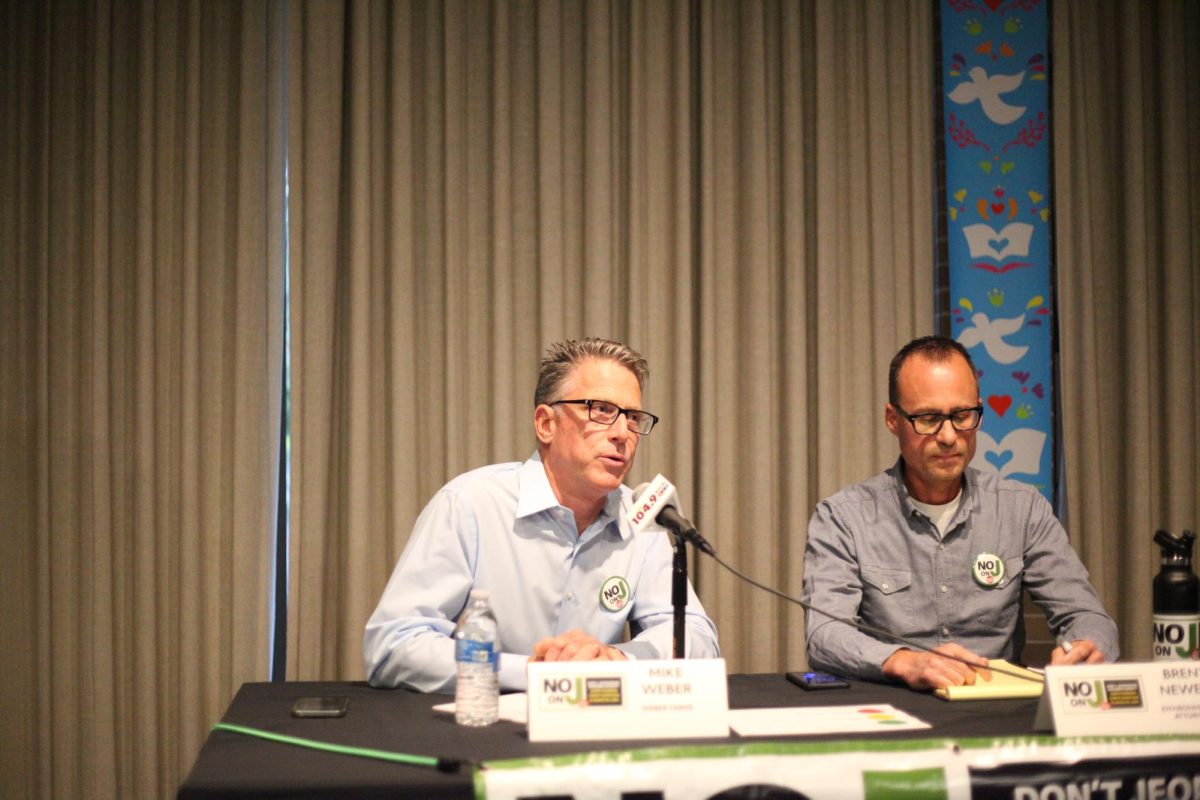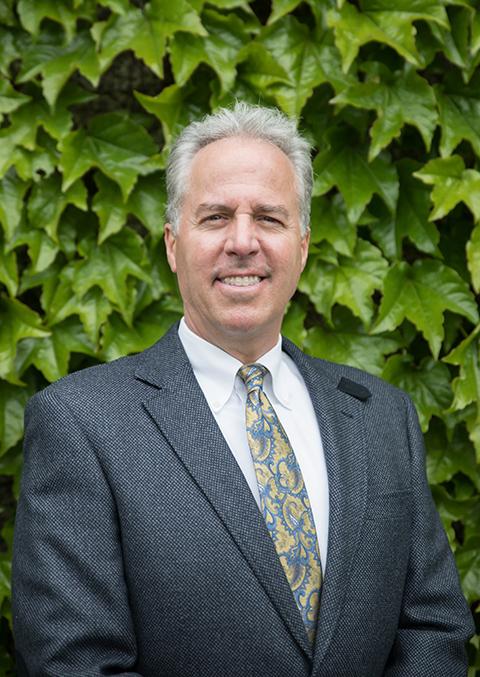Generation Z says that they are trying to help the environment, but are not focusing their efforts on issues that will result in real change. The straw debate has become popular, especially within the younger generation. The plastic straw ban began when a video of a turtle with a plastic straw stuck up its nose went viral. The video had an extremely emotional response from its viewers, making it a cause that everyone wanted to get behind. The point of the ban is to lower the amount of plastic in the oceans and overall lower pollution. However, only focusing on plastic straws will not make much of a dent in the trash we see in our oceans.
According to National Geographic, plastic straws make up only 0.025% of the plastic waste in the sea. Though this is a step forward in helping the environment, it is a tiny part of the solution. It makes very little impact on the health of the environment as a whole and has become a trend on social media instead of being a real issue. It makes people believe they are doing something good, which is true, but to a very small scale.
According to Business Insider, the plastic straw ban has been implemented in many areas. Restaurants in California cannot provide straws to customers unless they request one. Large companies such as Starbucks, American Airlines, and Aramark are beginning to ban plastic straws at their establishments and pasta straws have become a popular alternative in areas like Europe. Seattle is the first city in the US to ban all plastic straws along with plastic utensils.
While banning plastic straws are all the hype these days, fishing nets make up the majority of the plastic waste in the ocean. Though promoting less plastic use by banning plastic straws is a good thing, there should be a stronger focus on consuming less seafood and improving the fishing industry. Mercy For Animals, a nonprofit movement that supports veganism and animal rights, discusses how a video of hundreds of animals caught in fishing nets went viral, and how this concludes that the consumption of seafood is to blame for the lives of numerous sea animals, not necessarily straws. Banning straws sends a good message, but many who do so will continue to make more damaging lifestyle choices like eating meat and fish or using other forms of plastic more dangerous to the ocean and animals.
Jessica Kellgren-Fozard, a disabled activist and blogger, speaks about the negative repercussions of banning plastic straws. Many people with disabilities rely on straws to drink while lying down or sitting. Straws were initially meant for the disabled in hospitals because they can be bent, are sanitary, inexpensive, prevent choking, and can be used with hot liquid. Disabled people can often struggle because they might not be able to receive straws in restaurants or other places to consume a beverage. There are alternatives to plastic straws, such as metal, paper, pasta, and glass, but they have many side effects to people with disabilities, children, and anyone who wants to have a drink of something.
Metal straws are expensive and have a high injury risk as well as glass. They have been known to damage teeth if the user bites down on them. Pasta straws dissolve after long use, can be an allergy risk and are a choking hazard. Lastly, the more common alternative are paper straws which dissolves after one use, can be a choking hazard and are not hot liquid safe. For those with disabilities, plastic straws are the best option. Kellgren-Fozard understands that it is necessary to help the environment, but switching out plastic straws makes a very small difference for the environment, while it makes a huge difference for the capability of disabled people. Plastic straws are indeed cheap and not great for the environment, but other alternatives can be costly or can pose a hazard, and many people cannot afford to purchase them.
The plastic straw ban has become a trend on social media and though it is a step in the right direction, more needs to be done. This is not to minimize or disregard the importance of increased knowledge and awareness of climate change, but we need to be focussing on larger efforts that will have a lasting impact and create real change.

































